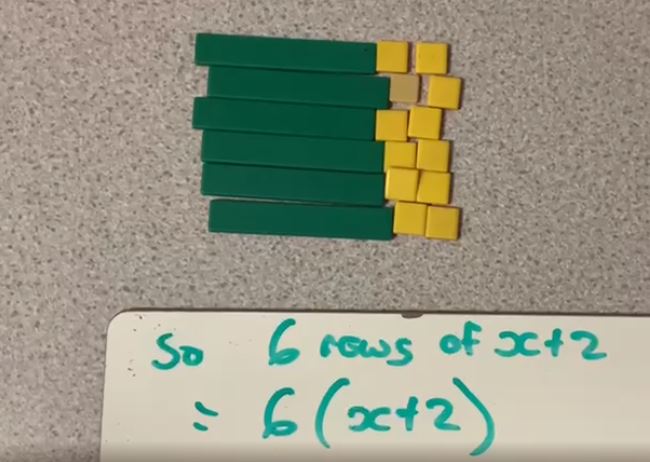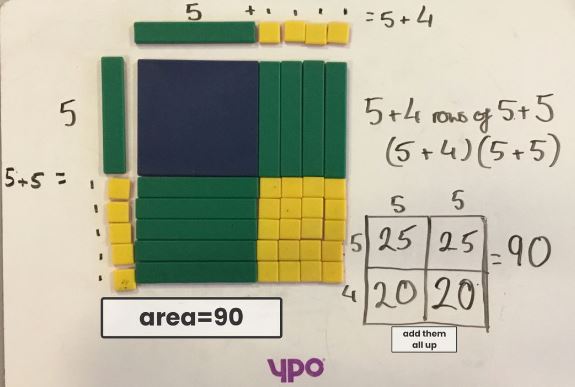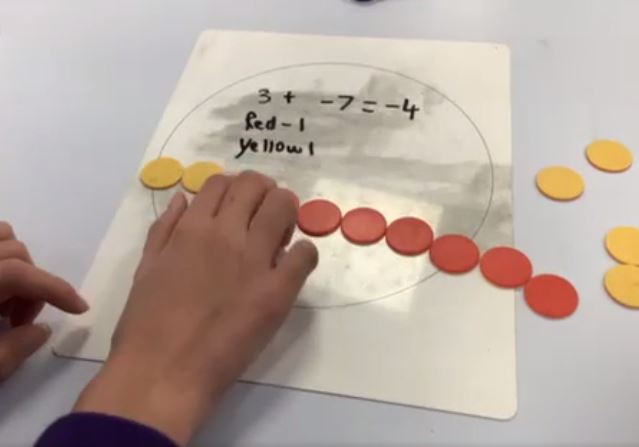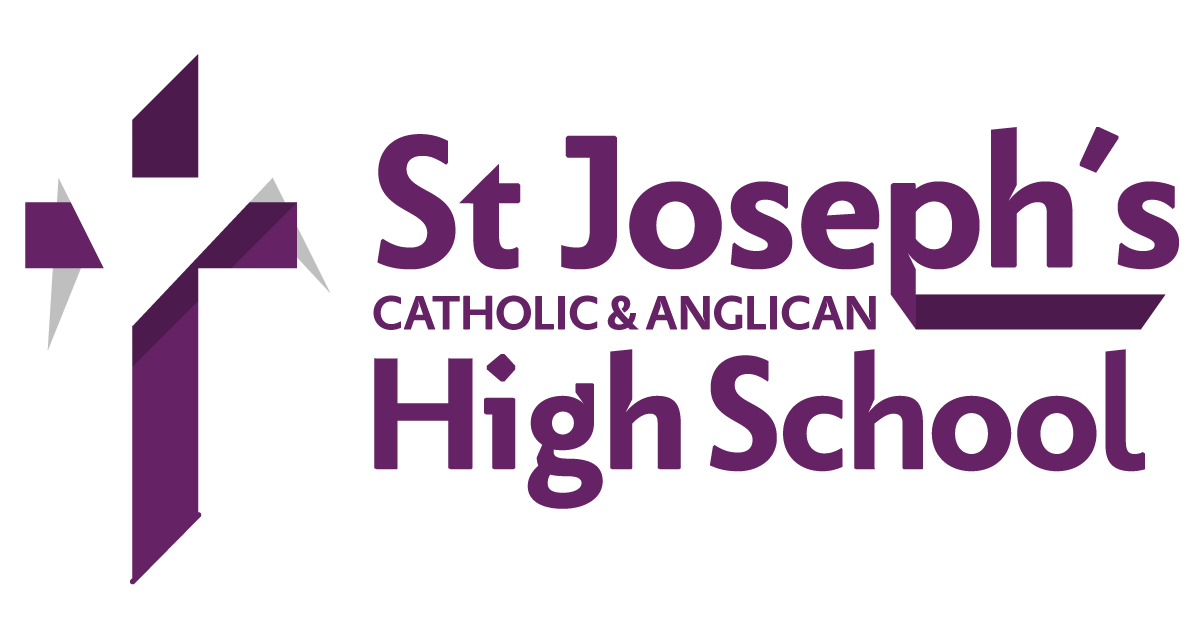Curriculum Leader:
- Mr N Donlon
Department Staff:
- Mrs V Jobson (Assistant Head of Department, New Curriculum Leader)
- Mr S Tait
- Miss C Jones
- Mr M Timbrell
- Mrs D Ellis
- Ms G Mills
KS3 Maths and Numeracy:
Pupils follow a specific scheme of work based on curriculum for wales that is based around a wide range of learning experiences to develop a deeper understanding of Maths. Some topics might be assessed as a project to develop pupils’ integral skills.
During the course pupils will also build up their Numeracy skills and during the year, they sit the National Numeracy Tests which gives valuable information about their progress.
In Year 9 the GCSE course starts in parallel with starting the GCSE Curriculum.
KS4 Maths and Numeracy:
The exam board that pupils follow is WJEC. WJEC provide a syllabus that is stimulating and motivating. The course is split equally into two parts which are Numeracy and Mathematics and pupils will sit both exams at the end of Year 11.
Each of the two courses are split into two exams that consist of a calculator and non-calculator paper. Each paper is 1 hour and 45 minutes and there is now coursework.
There are three tiers of entry; higher, intermediate and Foundation. As a general rule the majority of pupils are expected to take Higher level or intermediate.
Homework:
Homework is set using online tools such as SPARKS Maths for lower school and Mathswatch for upper school. The department also gives information to pupils and further written homework using Google Classroom.
Login and passwords are required for the above allowing work to be done securely online.
Equipment:
It is essential that pupils bring the correct equipment including a scientific calculator and we would recommend a Casio model. This is important because there is only enough time to teach one calculator method and if your pupil has a different model then it can lead to confusion.
Other equipment that is needed is a protractor, ruler, sharp pencil and rubber.
Assessments:
Assessments are made on a regular basis and vary depending on the nature of the topic.
There will be opportunities for pupils to volunteer to attend extra lessons. These lessons can take place after school or during lunchtimes and could also be used as a catch up session.
The department doesn’t use a specific text book but would recommend pupils in upper school purchasing revision cards. One of the best revision strategies is to use the cards to access videos and extra questions.
Most of the syllabus will be covered in Year 9 and 10 and the Autumn term of Year 11. This will allow plenty of time for targeted revision and past paper practice which is essential for maximizing grades




